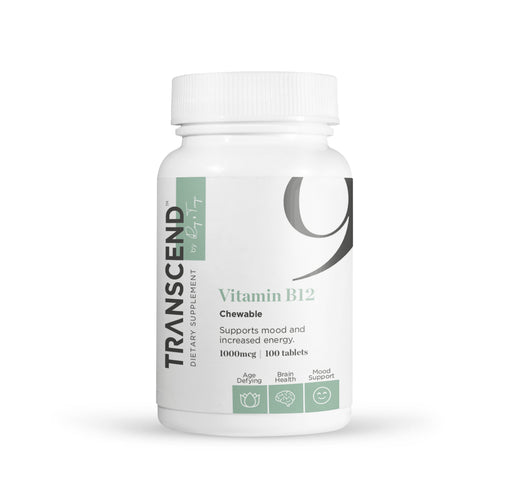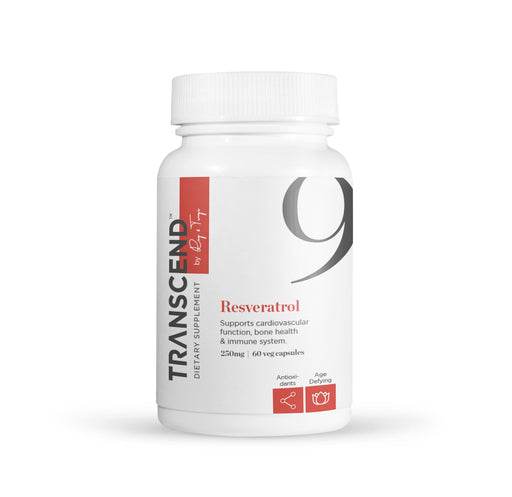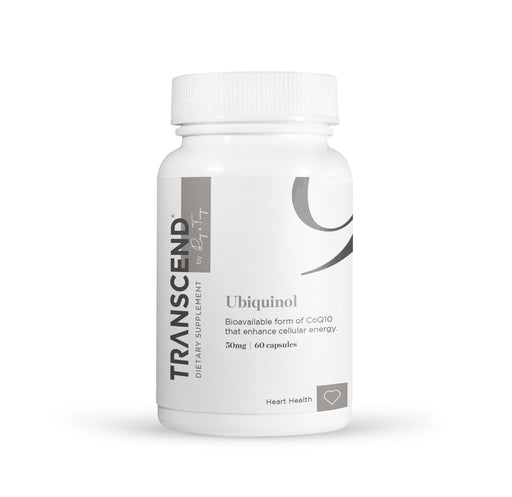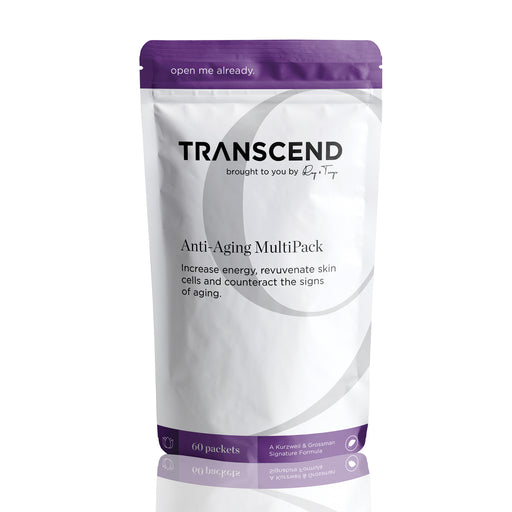
Vitamin B-12, Sublingual
Increased energy Improve mood Fight fatigue Common deficiency Better absorption Vitamin B12 (also called cobalamin) is one of eight water-solu...
View full details
The human brain is an incredibly complex organ tasked with the monumental responsibility of making sure the rest of our body parts remain in working order.
Unlike our heart, lungs, muscles and skin, we can’t exactly feel our brains working in the background. This is why it can be difficult to recognize when our brains are in trouble, and why the consequences of neglecting brain health can be devastating.
One of the most challenging aspects of maintaining optimal brain health is creating a lifestyle that works for your brain’s unique psychological and physiological needs. Neglecting the needs of one half of the picture can cause the other to fall out of balance as well – this is why when we are physically tired, it can be harder to control our emotions, and why long periods of stress can sometimes lead to physical illness.
More Than a Feeling: Stress and Your Body
We all experience moments of stress throughout our lives because no matter how you slice it, life itself is stressful – and that’s not necessarily a bad thing! Stress is the body’s way of responding to potential threats, but it’s also how we channel feelings of excitement and motivation. This can be very useful when outrunning predators, surviving natural disasters and responding to physical trauma – but more commonly, the reasons behind our feelings of stress are much more mundane.
“It’s not the stress that kills us, it’s our reaction to it.” - Hans Selye
No matter where you look, you will find that there is no shortage of reasons to feel stressed. Even pleasant things, like earning a promotion or falling in love, can cause our brains to go into survival mode!
While it may feel like you are at the mercy of external factors, it’s you who holds the power to manage your stress and lessen its impact on your overall health.
Conducting regular mental health self check-ups and routine assessments can help you identify the type of stress you’re dealing with, and determine which relaxation strategies will work best for you.
Types of Stress:
Cortisol: Why We Struggle to “Just Chill Out”
Cortisol is a hormone released when our bodies encounter stressful stimuli. When our brains perceive that our body is in crisis, our adrenal glands increase cortisol production to help regulate the “fight or flight” responses triggered by our sympathetic nervous system.
While cortisol is necessary for regulating several critical functions within the body, persistently high levels of cortisol can cause several health problems including:
Fundamentals for a Healthy Brain
When we think about brain health, we tend to focus on psychological factors for wellness rather than approaching brain health from a holistic perspective.
The truth is, brain health is mental health, but it’s also a plethora of other things. Taking care of our brains involves focusing on both the physiological and psychological components that impact the health of this incredible organ.
1. Regular Medical AssessmentsAssessment, prevention and early detection are all fundamental to maintaining healthy organs, and the brain is no exception. Conducting periodic self-checks and regularly meeting with your doctor or medical care provider are the two most important steps in keeping your brain healthy, and avoiding illness or impairment.
Here are a few ways to check in with your mental health
Controlling medical risks like hypertension, depression, high cholesterol and diabetes will help to reduce the risk of age-related degenerative brain disorders.
2. Relaxation & Brain Boosting Exercises
Stimulating our brains by engaging in activities like reading, meditating, and solving puzzles helps strengthen neurological pathways and keep our minds sharp. Regular relaxation strategies can have several psychological and physiological benefits:
Meditation is one of the leading ways we can train ourselves to quiet our minds and focus our attention on being present. It’s also useful for training our brains to have greater control over our stress responses and emotional reactions.
More about Mastering Mindful Meditation
3. Physical Exercise
Exercise increases blood flow to the brain, and stimulates the release of hormones that are responsible for improving mood, cognitive ability and memory retention. Regular exercise has also been shown to reduce your risk of developing Alzheimer’s Disease.
4. Diet and Nutrition
What we eat and the nutrients we absorb have a tremendous impact on how our brains respond to stress and aging. Our brains rely on vitamins and minerals to carry out important functions and sustain healthy levels of activity.
Transcend Supplements that Support Brain Health
Healthy Bodies, Happy Minds
Committing to taking care of both our bodies and our minds is the first step to enjoying a healthier and happier life. Whether you decide that today is the day you try meditating, or perhaps schedule an overdue chat with your doctor, taking an active role in optimizing your lifestyle choices to promote brain health will eventually lead to positive reactions in other areas of your life. Healthy bodies and happy minds work in tandem to create longer, more fulfilling lives.

Increased energy Improve mood Fight fatigue Common deficiency Better absorption Vitamin B12 (also called cobalamin) is one of eight water-solu...
View full details
Combat internal aging Protect cells from radiation damage Increase antioxidant capacity Take with lecithin for better absorption Optimal dose for...
View full details
2022 update: Future batches of this product will use a Ubiquinol product that is a greenish capsule rather than a red softgel Bioavailable form o...
View full details
2022 update: to maintain the same dose of Phosphatidylcholine you are accustomed to, we are moving back to the 420mg in 2 softgels! 2022 update: ...
View full details